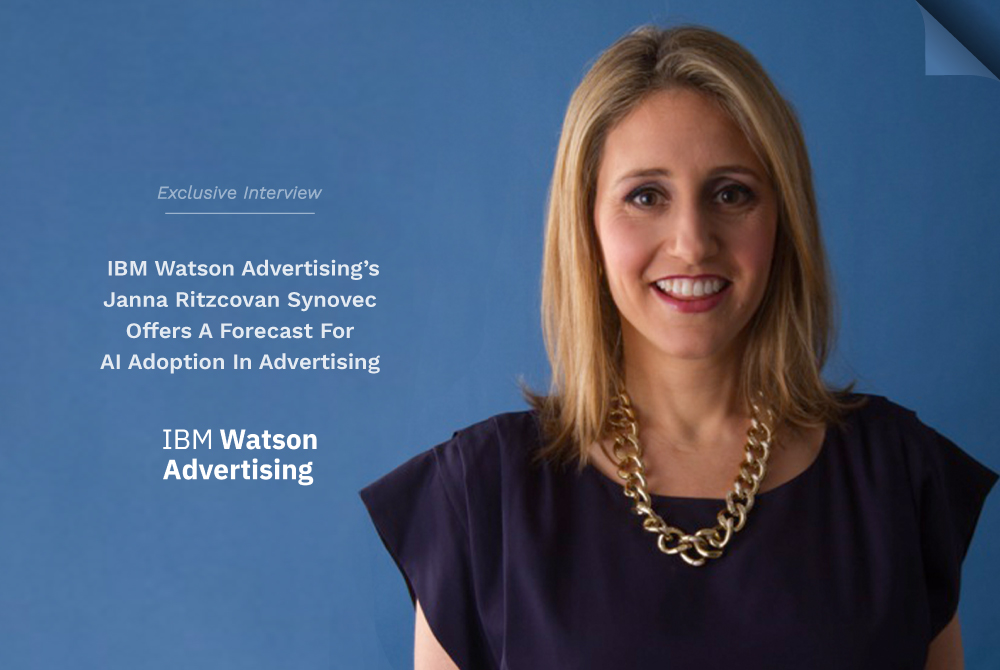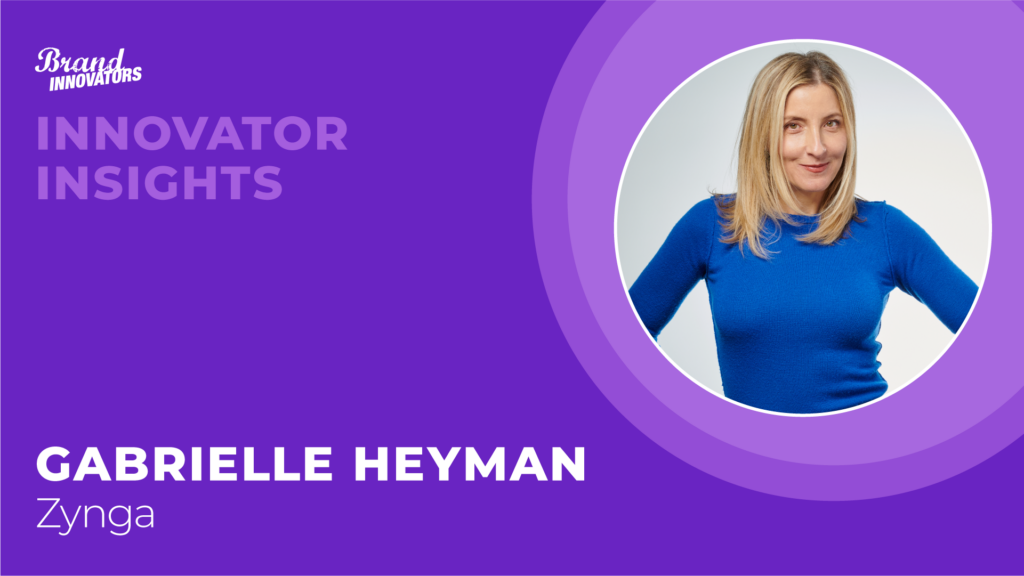If brands want to get a better sense of which way the wind is blowing from a marketing perspective in 2021, Janna Ritzcovan Synovec, Head of Marketing at IBM Watson Advertising, would probably direct you to the AI Advertising Almanac.
An infographic whose design harkens back to the books used by farmers of yore, the AI Advertising almanac offers a forecast of sorts on how technology is changing and opening up new possibilities for marketers, publishers and consumers.
With AI, for example, the almanac notes brands will be able to predict, rather than track how audiences respond to creative. It will be easier to respond to privacy regulations and consumers will ultimately have a better experience.
The goal of the almanac is to demystify the black box of AI. “We’re trying to educate the market and help brands gain a better understanding of why AI will make them more successful in the long run.”
The infographic is part of a larger initiative from IBM Watson Advertising to educate and enable the industry on the full value of AI. As part of these efforts, IBM Watson Advertising is expanding its existing suite of AI-powered solutions and growing ecosystem partnerships – all designed to help clients make informed, data-driven decisions with privacy at the forefront.
IBM Watson Advertising believes that AI will be the foundational technology that helps our industry advance. Unfortunately, we’ve seen our clients struggle to make sense of what AI is and isn’t, and truly understand its value. Of course, CMOs and their teams can sometimes be put off or daunted by the way technologies like AI will change the way they work. Ritzcovan Synovec suggested they keep some of the following points in mind to make the journey a little easier:
AI Can Address The Marketing Challenges Unfolding Right Now
The demise of the third-party cookie and other moves from tech firms to improve consumer privacy is creating big concerns across every part of the ad industry ecosystem, Ritzcovan Synovec pointed out. This includes marketers who want to improve the way they develop, target and measure the impact of creative, but also publishers whose business is getting squeezed.
“You also have to think about the impact on consumers,” she added. “They’re going to grow even more frustrated from irrelevant ads, low quality content, and increased subscription gating.”
Instead of companies being dependent on walled garden providers such as Facebook and Google, Ritzcovan Synovec said AI will empower marketers to break the cycle by learning and predicting from all types of environmental data to create relevancy and effectiveness without needing to use identifiable information or compromising consumer privacy.
The result is faster, better decisions across channels.
Marketers Will Find Themselves Working With AI, Not For AI
A common misconception around AI is how it’s actually being leveraged. “It’s not making the decision for you,” she said. “The idea is to augment human thinking, and bring human and machine together. It allows the marketer to make sense of large amounts of data at scale and make better business decisions.”
For example, IBM Watson Advertising’s Accelerator solution allows marketers to optimize campaign creative. Accelerator continuously learns and predicts the optimal combination of visual elements to drive the highest engagement for a given audience. It also helps advertisers better understand the composition and preferences of their audience to inform future strategy.
This advanced tech allows the marketer to focus on the creative elements while AI sifts through data for a better consumer experience.
AI Could Be A New Way For Brands To Pursue Their Higher Purpose
Particularly since the outbreak of COVID-19 and the rise of Black Lives Matter, consumers have higher expectations for brand purpose and advocacy. Raising awareness and approaching systemic issues has been critical for brands who wish to forge trusted and lasting connections.
This can require moving with a speed and agility which was not always the norm for most marketing departments and agencies, Ritzcovan Synovec noted. The ability for AI to quickly pore through data and deliver results could make it possible for more brands to stand up for what they believe and reach their consumers faster.
Already, for instance, the Ad Council has used IBM Watson Advertising’s Accelerator to compile more than 81 variations for its “Love Has No Labels” campaign. A similar collaboration with the Ad Council around COVID-19 vaccination is next.
“This idea of ‘tech for good’ could be one way to help a lot of companies emerge stronger from the pandemic,” she said. “It’s just a matter of recognizing that AI isn’t something you need to be afraid of, it can help brands deliver value-based messages while driving performance.”




